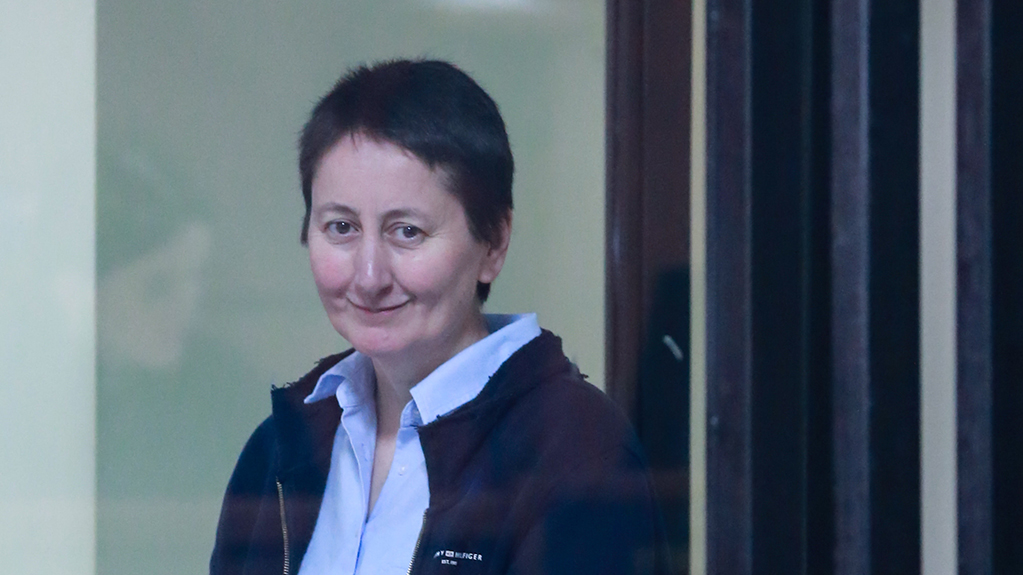The European Court for Human Rights has begun reviewing the case of Mzia Amagalobeli, the founder of Netgazeti and Batumelebi. According to the court, the case may be granted the impact case status, and hence, the substantive review began within two months of the complaint's submission.
News
On April 28, 2025, the Georgian Young Lawyers’ Association (GYLA) appealed to the European Court of Human Rights regarding Mzia Amaglobeli’s pre-trial detention – the most severe form of restrictive measure – as well as other procedural violations in her case.
The complaint states that Mzia Amaglobeli's fundamental rights under the European Convention on Human Rights were violated, including the right to liberty and security (Article 5), the right to a fair trial (Article 6), the right to respect for private and family life (Article 8), freedom of expression (Article 10), Article 13 in conjunction with Articles 8 and 10 (right to an effective remedy), and the scope of limitation on rights (Article 18).
It is indicated in the complaint that Mzia Amaglobelii was unlawfully detained, and pre-trial detention as a restrictive measure against her was arbitrary, without sufficient grounds, and national courts failed to assess the legality of her pre-trial detention. Furthermore, Mzia Amaglobeli's right to liberty was restricted for purposes other than those stipulated in the Convention, and the justification of pre-trial detention parallel to ongoing administrative proceedings constituted a premature conclusion on her guilt. The complaint also mentions the allegedly unlawful seizure and search of her mobile phone, which restricted Mzia Amaglobeli's right to private life and freedom of expression, for which she reportedly had no effective remedy at the national level.
The Court has addressed extensive questions to the parties regarding the violations of fundamental rights cited in the complaint. In the initial stage of the proceedings, the state must present its position to the ECHR concerning Mzia Amaglobeli's right to liberty and other related violations.
Mzia Amaglobeli was arrested on January 12 for slapping the Batumi police chief, Irakli Dgebuadze. She has been charged under criminal law with assaulting a police officer, a charge that carries a sentence of 4 to 7 years in prison. Despite the slap, Dgebuadze wasn’t injured but claimed, "his cheek hurt." After her arrest, Dgebuadze spat in Amaglobeli’s face while she was handcuffed inside the Batumi police station. She was denied drinking water and access to the restroom for several hours. Lawyers were also prevented from seeing her for more than three hours. According to Amaglobeli’s testimony, Dgebuadze also attempted to assault her, but was restrained by his colleagues. The prosecutor’s office has not investigated the offenses committed against Amaglobeli. After her arrest, she went on a hunger strike for 38 days. During her unlawful imprisonment, her eyesight deteriorated alarmingly.















